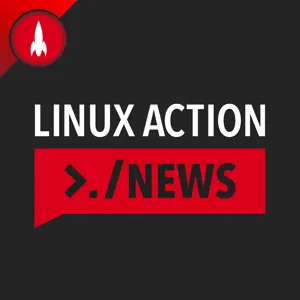Spring Office Hours: S3E9 - Pull requests are welcomed!

Join Dan Vega and DaShaun Carter for the latest updates from the Spring Ecosystem. In this episode, we’re uncovering fresh repositories and invaluable resources that have just landed for the Spring Office Hours community. We will also address one of the most popular questions: how do you kickstart your journey in contributing to Open Source Software? Join our live stream to get your questions answered, or watch the replay on your preferred podcast platform.
Show Notes
- State of Spring Survey
- Cloud Foundry Weekly - Season 1 Episode 1
- RedMonk Top 20 Languages over time: January 2024
- Netflix Blog: Bending pause times to your will with Generational ZGC
- Building Intelligent Applications with Spring AI
GitHub Repositories








